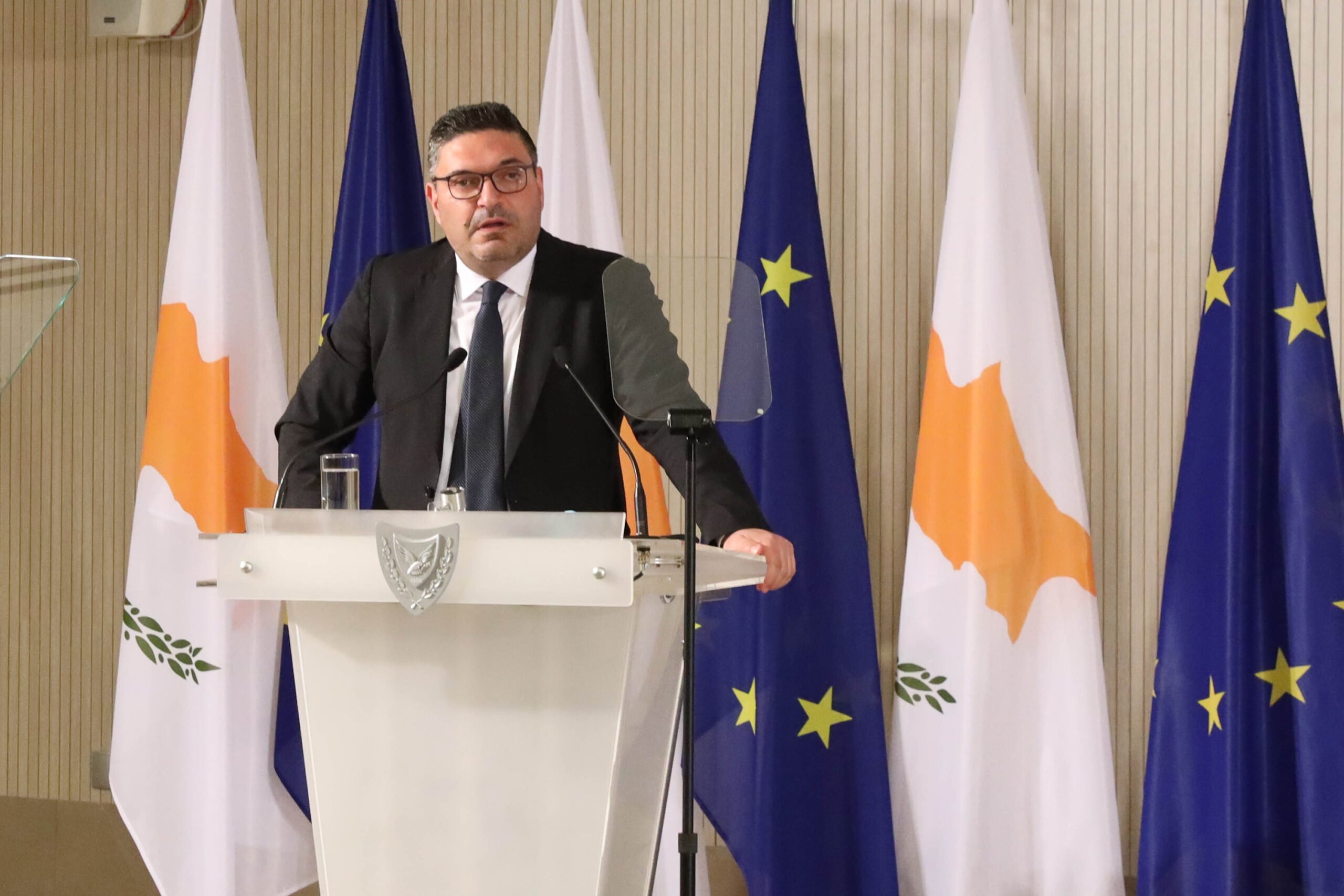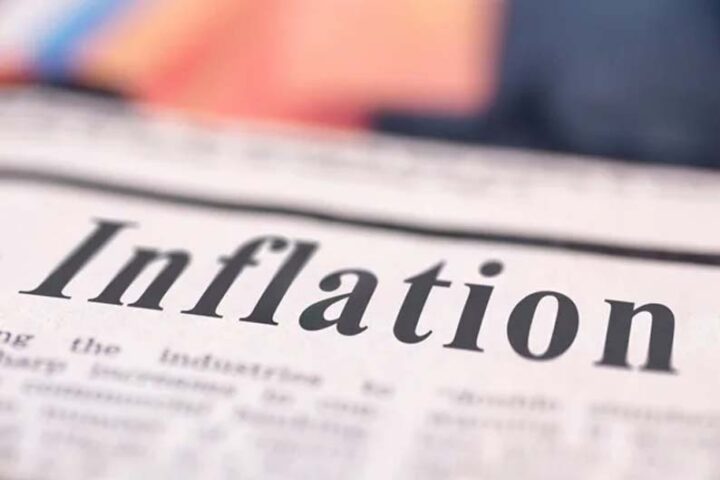Nicosia argues that EU-proposed sanctions to ban Russian crude imports will push Cyprus to double-digit inflation.
Finance Minister Constantinos Petrides said the oil embargo on Russia, the ban on Russian oil supplies, or Russian energy transportation, discussed by Brussels, will further create inflationary pressures.
Asked about the sixth sanctions package, Petrides said Cyprus supported the first EU sanctions packages, but it followed a more assertive stance “to protect the country’s interests and its economy.
“Because the essence of the sanctions is above all to inflict more cost to those who the sanctions are imposed on and not yourself.”
Cyprus is negotiating over the toughest raft of sanctions the EU is proposing against Moscow for its invasion of Ukraine.
There are EU states like Hungary and Slovakia that oppose the oil ban.
Both Hungary and Slovakia received between 75 and 100% of their oil imports from Russia last year.
“If the cost of sanctions is higher on you, then you are imposing sanctions on yourself.
“And unfortunately, some of the phenomena we’ve seen in the sixth package and some things in the fifth package have deviated from this principle,” Petrides said.
The government said it wants unanimity on the next wave of Russia sanctions and is not locking to block Brussels.
The Commission wants all EU countries to stop all Russian crude oil imports within six months and only import refined products such as petrol, diesel, or kerosene into the European Union until the end of the year.
Moreover, the EU seeks to ban shipping and insurance companies from dealing with Russian oil.
Hungary, Slovakia, the Czech Republic, and Croatia are considering an exemption. Bulgaria also has reservations.
Rising inflation
Petrides warned that tackling inflation – hovering at 9% — is difficult due to its structural nature amid the Ukrainian crisis.
In an interview with CNA, Petrides said the government intends to extend the reduction of excise duty on fuel and the reduction of VAT on electricity bills, possibly for another three months, depending on public finances.
Petrides is pessimistic about tackling rising inflation, which he said is fuelled by the Russian invasion of Ukraine, the EU’s push towards green transition and the sanctions imposed against Moscow.
He cautioned that “things will be difficult in the coming years” and highlighted maintaining fiscal buffers.
Petrides acknowledged that tackling inflation is difficult as energy prices will continue to rise, fuelled by geopolitical tensions.
He described tackling inflation with policy measures as “a curse” as “we have taken a series of measures which may refuel inflation.”
Despite EU guidelines for targeted measures for a limited time, the government has taken horizontal measures.










